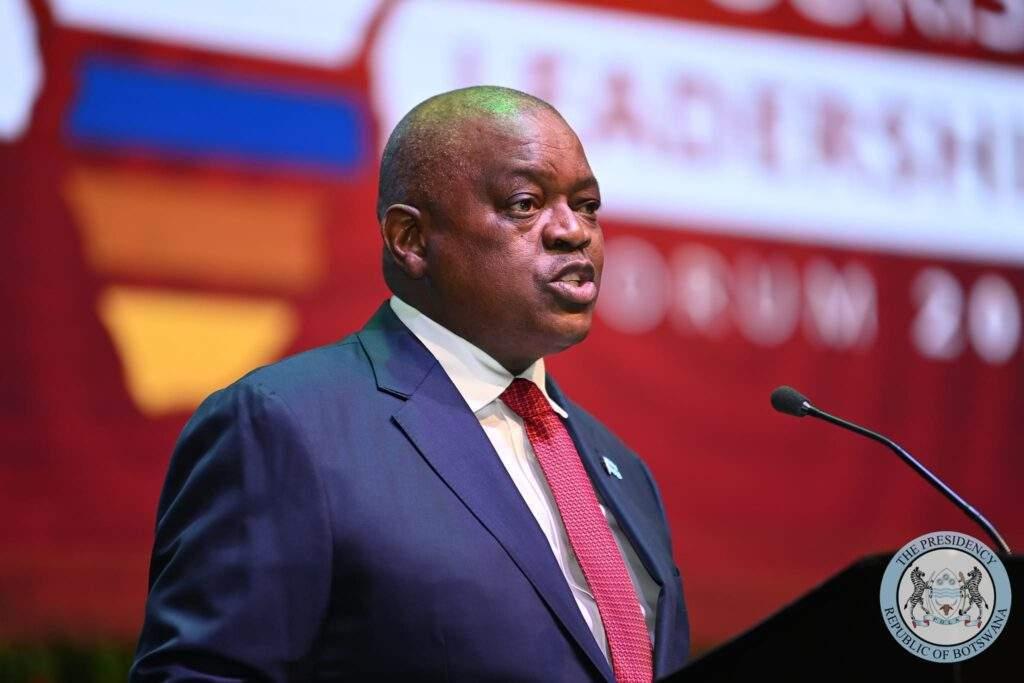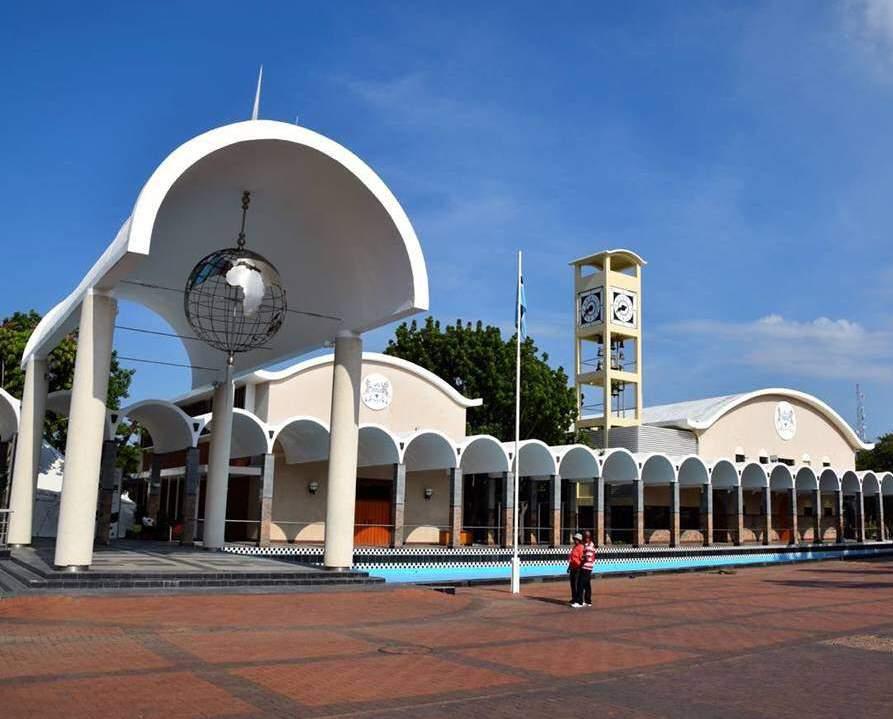
1 minute read
A Country's Unbroken Bond with Focused Leadership
Botswana is a unique African country that has maintained a continuous democracy since its independence in 1966. Despite its vulnerability as a landlocked country bordered by white minority governments in South Africa, Namibia, and Zimbabwe, Botswana has achieved political stability, democratic government, and remarkable economic growth.
Under the leadership of its first democratic president, Seretse Khama, Botswana prioritized security and prosperity in a non-racial democracy. This commitment to political freedoms and individual protection without racial discrimination earned Botswana credibility within multilateral forums and bilateral meetings, attracting aid from international bodies.
Advertisement
Botswana has effectively managed its rich mining industry, particularly in diamonds, using the returns to
Botswana has shown that through effective leadership, commitment to good governance, and investment in education and infrastructure, African countries can achieve political stability and economic growth, even in the face of significant challenges invest in health, education, and infrastructure. The country has also accumulated large foreign exchange reserves to prepare for economic downturns.
Despite its successes, Botswana has yet to develop a significant manufacturing sector, with manufacturing value added accounting for only 5.2% of GDP. The mining sector, while profitable, employs few people and has limited linkages to the rest of the economy
Botswana's success can be attributed to good policies that encouraged investment and economic development, underpinned by institutions of private property
Furthermore, Botswana's political stability has also contributed to its economic success. With a stable government and a consistent policy framework, foreign investors have been attracted to the country, leading to increased investment and economic growth.

In addition, Botswana's commitment to education has played a significant role in its development. The government has invested heavily in education, resulting in a highly literate population that is able to participate in the country's growing economy
Suffices to also add that, government has also been praised for its efforts to combat HIV/AIDS. The country has one of the highest rates of HIV infection in the world, but through aggressive prevention campaigns, widespread testing and treatment programs, and a commitment to destigmatizing the disease, Botswana has been able to reduce its HIV prevalence rate from around 25% in the early 2000s to around 14% in recent years.
However, despite its successes, Botswana still faces challenges. The country has a high level of income inequality, and its economy remains heavily dependent on diamonds, which leaves it vulnerable to fluctuations in global demand.
Botswana's experience demonstrates that sustained economic growth, political stability, and good governance are possible in Africa, even in the face of significant challenges. The country's success provides valuable lessons for other African nations seeking to build strong, prosperous democracies.
Botswana has shown that through effective leadership, commitment to good governance, and investment in education and infrastructure, African countries can achieve political stability and economic growth, even in the face of significant challenges.










